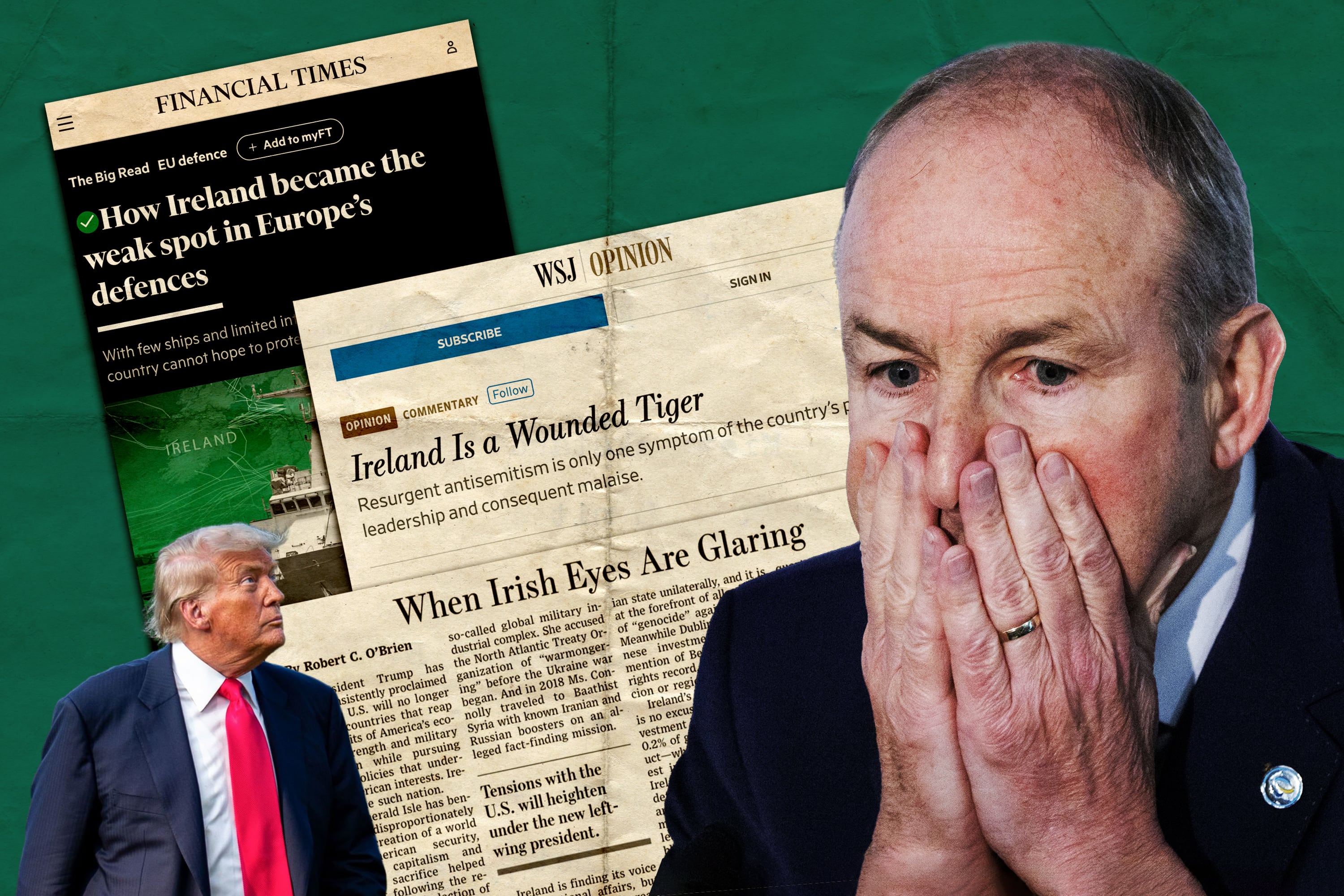Declan Walsh, a journalist originally from Co Mayo, and Co Cork born photographer Ivor Prickett have won a Pulitzer Prize for international reporting on the conflict in Sudan.
Walsh, who is based in Nairobi in Kenya, is the chief Africa correspondent for the New York Times.
The winners were announced in New York on Monday, with Walsh and the staff of the New York Times winning the award for international reporting for their coverage of the ongoing civil war in Sudan. Prickett was also part of the award-winning team.
Their coverage included revealing the role of the United Arab Emirates in the conflict and its human toll.
RM Block
The Pulitzer Prizes, which were started in 1917, are presented annually by Columbia University for excellence in journalism and letters.
Walsh, originally from Ballina, attended University College Dublin and Dublin City University. He has also written for the Times and the Guardian, covering Pakistan and Afghanistan and the Middle East.
He was expelled from Pakistan in 2013 for his reporting. He has been based in Kenya since 2020 and won a Robert F Kennedy Journalism Award for his reporting from Yemen. He was also previously shortlisted for the Orwell Prize.
Prickett won the first prize in the news photographer category at the 2018 World Press Photographers of the Year contest for his New York Times series “Battle for Mosul”.
Born in Fermoy, Prickett moved to Navan and attended King’s Hospital where he did his Leaving Certificate and started to become interested in photography. He studied photography at Sallynoggin College in Dublin and continued on to a Bachelor of Arts in Documentary Photography in Newport, Wales.
The Pulitzer Prizes honoured the best reporting from 2024 in 15 categories, as well as eight arts categories focused on books, music and theatre. A special citation was given to the late journalist Chuck Stone for career achievements that included covering the Civil Rights Movement and co-founding the National Association of Black Journalists.
With the exception of the Public Service winner, Pulitzer award recipients get a $15,000 cash prize, which was raised from $10,000 in 2017. The public-service prize is a gold medal given to a news organisation.
Marjorie Miller, administrator of the Pulitzer Prizes, said: “These are particularly difficult times for the media and publishers in the United States,” while praising journalism coming from “unbowed” newsrooms.
“Journalists and writers now face additional threats in the form of legal harassment, the banning of books and attacks on their work and legitimacy,” she added.
“These efforts are meant to silence criticism, to edit or rewrite history. They’re an attempt to erode the first amendment of our Constitution, which guarantees a free press and free speech.”


















